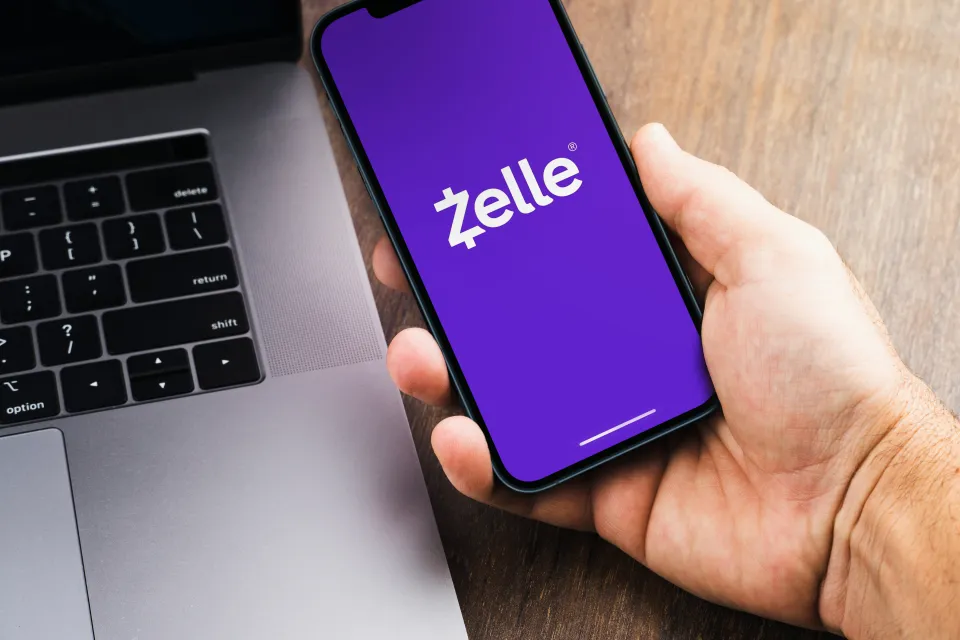Table of Contents
According to a report by The New York Times, banks are not paying 90% of Zelle scams
Zelle is one of the most popular applications in the United States and is used to make electronic transfers and payments in the country’s banking system. Today, it has become known that there are more and more frauds and scams that are being done on this platform and that the worst thing is that the scams are increasing.
When in doubt, a couple of investigations of these financial services have been carried out. The conclusion has been given by the office of Senator Elizabeth Warren, who said that not only was the fraud surrounding Zelle proven, but also that the theft is getting worse. The worrying thing is that the victims are not counting on the support of their financial institutions.
According to Warren’s office, when people report being victimized, banks only focus on reimbursing them only a small portion of the total amount they were scammed out of. “Large banks own and profit from Zelle, but fail to make their customers whole for authorized and unauthorized fraudulent activity on the platform, despite their claims that it is secure,” Warren’s office wrote.
Zelle has become the largest peer-to-peer payment system in the United States. During 2021, it was reported that transactions totaling $490 billion were made, which was 59% more than what was recorded a year earlier, according to information compiled by CNN.
According to one of the reports led by The New York Times, banks are not paying 90% of the scams carried out by Zelle. Their estimates indicate that victims lost about $440 million as a result of fraud and scams that occurred during 2021.
“Tens of millions of consumers use Zelle without incident, with more than 99.9% of payments completed without any reports of fraud or scams,” Zelle said in response to the report.
How to avoid being a victim of fraud and scam by Zelle
Experts say that the first thing Zelle users should do is learn to differentiate between what is fraud and what is a scam, since this will depend on the financial protection offered by banks or credit unions.
Fraud is an action where the fraudster gained access to your bank account and made payments with Zelle without your involvement in any transaction. Then it is classified as an unauthorized activity.
Instead, when we talk about scams we refer to an action in which the account holder participates, gives the go-ahead and this ends with the authorization of a payment. Victims are tricked into triggering payments for a good or service. In this option it is more complicated that you can recover the lost money.
If you suspect that you have been a victim of either of the two modalities, you should contact your bank. If you did not authorize payments, you have rights and the law protects you.
